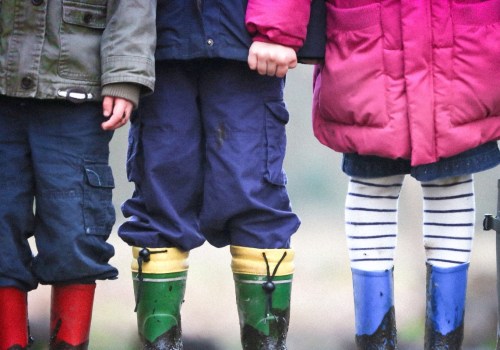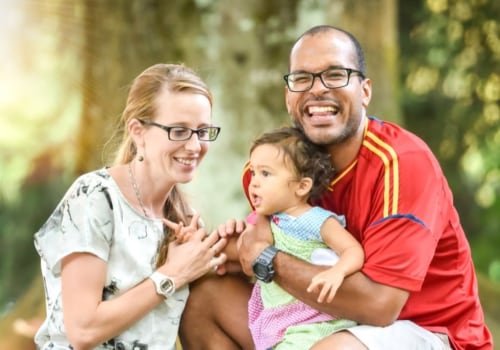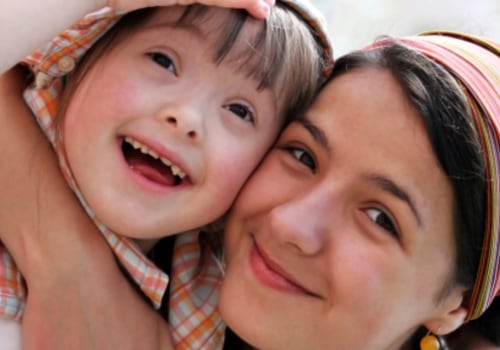The biggest difference between adoption and guardianship may be the length of time for which the agreement is effective; while adoption permanently places the child with a new family, guardianship is usually a temporary agreement that places the child with a close friend or family member. Unlike guardianship, adoption ends the rights of biological parents. Instead, adoptive parents have exclusive custody rights over the child. Guardianship is a legal term that denotes when a court order names someone as the legal guardian of a child.
The terms guardianship, custody, and adoption often confuse people, as their differences are nuanced and a little complicated. In adoption, biological parents give up their parental rights completely and, instead, adoptive parents become the legal guardians and caretakers of the child. In an adoption, the parties can agree on a “Post-Adoption Contact Agreement,” which is a legally enforceable document in which the parties agree on a fixed amount of contact between the biological parents and the child. The reason adoption and guardianship are so confusing is because the two options have a lot of similarities.
Not only are guardianships usually temporary, but biological parents still retain some rights, including limited contact with the child or children. Therefore, the child's legal parents can always end the guardianship and claim custody of the child, as well as pass on the inheritance to the child. An adoption also excludes legal parents from any child support obligations and any visitation rights, unless previously agreed to in an open adoption agreement. While both adoption and guardianship provide a stable parent to a child in need, the expected duration and legal consequences of each proceeding vary on two different extremes.
However, because the legal difference between adoption and legal guardianship can be nuanced and complicated, it's easy for current and expectant parents to confuse the two processes. The main difference between the two is that custody focuses more on the parent-child relationship, whereas guardianship involves finding help for people who are not mentally or physically able to care for themselves. That said, many parents of such children placed under guardianship lack the financial resources or dependency to make such provisions and, therefore, it can often be up to the guardian to make financial provisions for the child by fulfilling the child's care obligations. Depending on when an adoption takes place and the type of adoption that is completed, the legal adoption process can be much more complicated than a legal guardianship process.
A legal guardian cannot transfer his or her own inheritance to the child in his or her custody unless a special provision is made in his will.










